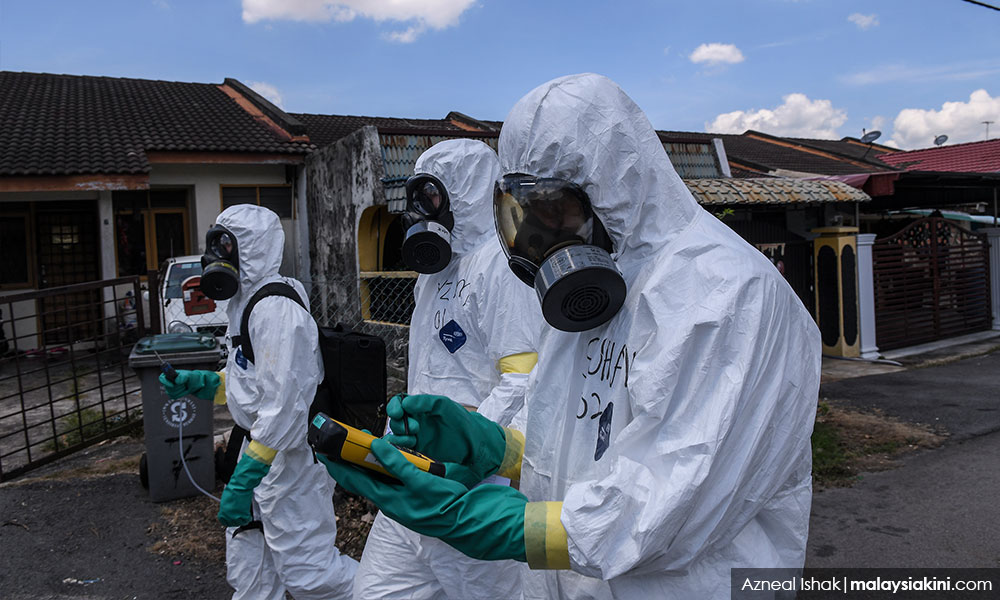
The cause of the air pollution resulting in respiratory problems especially among school students in Pasir Gudang is still unknown.
However, the Energy, Science, Technology, Environment and Climate Change Minister Yeo Bee Yin recently announced three types of gas, namely acrylonitrile, acrolein and methyl mercaptan were detected in the area.
Following that, a handful of residents in Pasir Gudang who were met by Bernama raised various questions regarding the side-effects on health over the next five to 10 years if they were exposed to the material.
Zulkifli Abdul Rashid, a senior lecturer at UiTM's chemical engineering faculty, said based on his analysis, the acrylonitrile gas had a carcinogenic nature that could cause cancer if one was exposed to the gas daily or for too long.
This is evident from scientific studies as reported in the toxicology database by the Agency for Toxic Substances and Disease Registry (ATSDR) for acrylonitrile, he said when contacted by Bernama.
“If they (the residents) are exposed to this gas odour (acrylonitrile) for too long, it not only has short-term effects on health, but can harm the internal organs causing cancer.
“The results of epidemiological studies show that acrylonitrile can be carcinogenic to humans. Through experiments of chemicals or gas on laboratory mice, it has been found to cause tumours in mice. Even some scientific studies also show that acrylonitrile is also said to cause lung cancer in humans,” he said.
However, the probability of the population at risk of cancer depends on several factors including their medical history whether they have asthma, age factor, duration and concentration of exposure to the gas.
“In addition, the geographical aspect or position of residents living close to the current air pollution area are at a higher risk of developing cancer in a shorter time than those living far away from the source of these gaseous pollutants,” he explained.
The latest pollution incident causing respiratory problems in Pasir Gudang since June 20 is the second such incident after the chemical waste pollution crisis at Sungai Kim Kim in March, which saw more than 4,000 people sick and 111 schools closed.
Meanwhile, Zulkifli also anticipates the presence of five toxic gases including the three that have been detected so far. Methyl mercaptan and acrylonitrile react with water elements to produce two other types of toxic gas such as hydrogen sulfide and hydrogen cyanide which results in a rotten and rancid odour.
The "mysterious" smell the people around Pasir Gudang have been getting was probably one of the two gases, he said.
Earlier, Bernama reported that most of the residents around Pasir Gudang who were affected complained the strange odour got worse at night and after it rains.
Zulkifli explained the acrid smell of hydrogen sulphide smells like rotten eggs, while hydrogen cyanide has an odour of "bitter almonds" but not everyone can detect the smell.
The presence of hydrogen cyanide gas was reported highest in Taman Tanjung Puteri Resort during the toxic waste disposal at Sungai Kim Kim, Pasir Gudang on March 13.
- Bernama



No comments:
Post a Comment
Note: Only a member of this blog may post a comment.